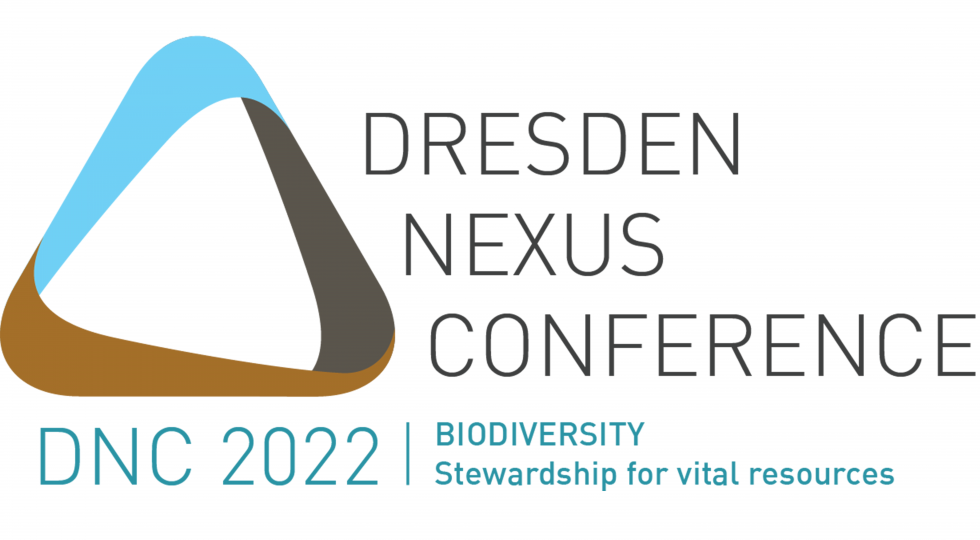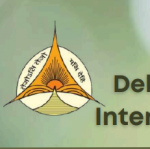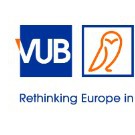UNU-CRIS participating in the Dresden Nexus Conference

On May 25th, 2022 UNU-CRIS will participate in the #DresdenNexusConference (DNC 2022) co-organized by the United Nations University-FLORES, and other regional partners
The contribution aligns with the ‘May 22 - The International Day for Biological Diversity, a United Nations-sanctioned international day for the promotion of nature, biodiversity and ecosystems focused mandate issues. This year, with the theme ‘Building a shared future for all life’, this symbolic event is aiming to build momentum and support for the post-2020 global biodiversity framework and alongside support global environmental governance agenda like the Sustainable Development Goals, and the UN Decade on Ecosystem Restoration. UNU-CRIS has actively contributed to the various programmatic objectives of this Decade to support its implementation
Noting that changes in demographics, urbanisation, climate and anthropogenic interventions have resulted in significant impacts and pressures on the availability and quality of environmental resources, DNC2022 themed ‘Biodiversity - Stewardship for Vital Resources’ will emphasize the need to strengthen #Biodiversity in the context of other societal challenges including #ClimateChange, urban and regional #Development. The conference discusses a broad diversity of key ‘Resource Nexus’ topics, cross-cutting challenges linked to climate change, biodiversity, agri-food, urban and regional development, circularity, as well as organisational development. Theory: Advancing the concept of the Resource Nexus and its relevance for policy and practice, including the aspects listed below:
- Technologies: conception, design, and societal embedding of technical solutions and infrastructures
- Governance: Understanding (collective) problem-solving strategies, policy designs, and implementation processes
- Health and wellbeing: Examining interlinkages between resource systems, human health, and liveability
- Society and justice: Exploring disparities and inequalities in resource access and distribution
- Data: Identifying Resource Nexus data needs and contributing to data integration and interpretation
- Sustainability Assessment: Embedding the economic, ecological, and social dimensions of sustainability in their temporal and spatial contexts, emergent perspectives (open track)
More at: DNC 2022 (dresden-nexus-conference.org)
UNU-CRIS will contribute to Session 21 ‘The Blue Economy: contributing to net-zero carbon, a circular economy and the nexus’ on 25 May from 11 am - 12:30 CEST.
Title: Seaweed Aquaculture Industry, Blue Economy, SDG 14 and UN Ocean Decade (2021-2030) Triggering Transformative Pathways for Healthy Oceans and Resilient Communities
Authors: N. Nagabhatla ¹ Presenter S. Koza ² E. Cottier-Cook ³ and L. Shaxson ⁴
1 United Nations University Institute on Comparative Regional Integration Studies (UNU-CRIS), Bruges, Belgium
2 McMaster University, Canada
3 Scottish Association for Marine Science (SAMS), Oban Scotland
4 Overseas Development Institute, London
The work will highlight the key finding of the project GlobalSeaweedSTAR (2017-2021) and the narrative Further Action on Biosecurity Needed to Safeguard the Global Seaweed Industry to which we have actively contributed.
Abstract:
Many dimensions constitute the ‘Blue Economy’ framework within the sustainable use of ocean resources for economic growth, improved livelihoods, jobs and income generation opportunities, and ecological and biodiversity sustainability of coastal and marine systems vision. While SDG14 targets 14.4 and 14.6 emphasize the need for regulating fishers and overharvesting practices in coastal and marine ecosystems; 14.7 refer to increasing the economic benefits from the sustainable use of marine resources, specifically pointing to the aquaculture sector. Furthermore, the Ocean Decade vision ‘the science we need for the ocean we want’ and mission ‘transformative ocean science solutions for sustainable development, connecting people and ocean’ is another recent addition to the mechanisms steering and stimulating transformative pathways for healthy oceans and resilient communities. In this context, we will present key highlights from a rigorous science and policy exercise, the GlobalSeaweedSTAR (2017-2021) project that focused on the rapidly emerging multi-billion-dollar Seaweed Aquaculture Industry. The sector has grown rapidly over the past 50 years and currently accounts for over 50 % (=35 million tonnes) of total global marine production, supporting nearly 6 million small-scale farmers and related stakeholders in the value chains- men and women, particularly populations and communities in coastal zones of low- and middle-income countries. This multidisciplinary exercise assisted the ‘evidence-based’ positioning of this sector within the central scope of these agendas as well as in the climate discourse both in adaption and mitigation discourses (SDG13). The highlights are based on the set of 4 Policy Briefs (2021-2022) launched by UNU CRIS and SAMS working together with 37 seaweed experts from across the globe, and regional and national partners, mainly in Asia and Africa. After a rigorous scientific and empirical research, we will showcase the key trends and patterns of seaweed products in specific geographic regions and have outlined a set of policy recommendations on a global scale and for the ASEAN and the East African region that must be accounted for to ensure that the sector balance economic profitability with the environment, human, and organism health to ensure its long-term survival and support its efficient contribution to the sustainability agenda.




